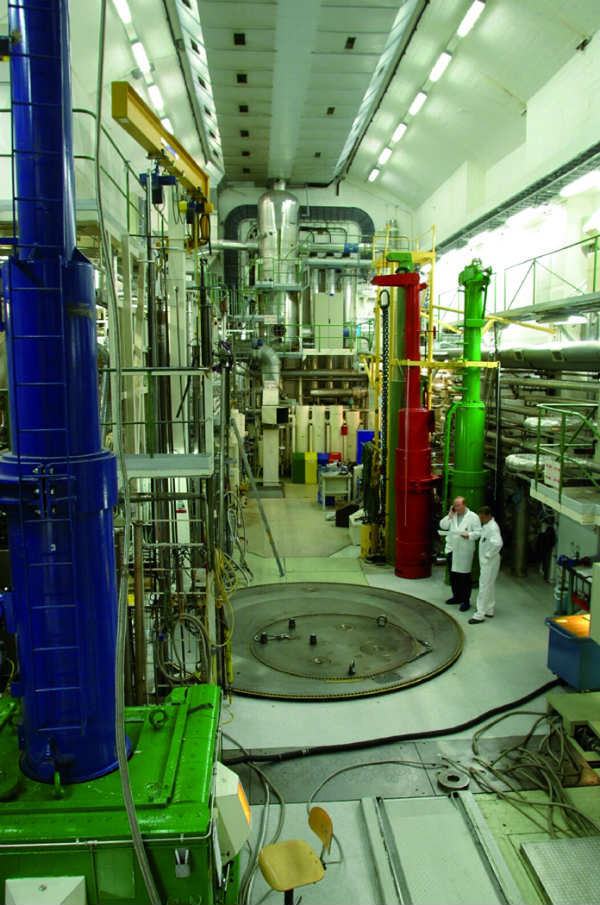 Norway’s Institute for Energy Technology (IFE) announced last week that it would permanently close the Halden reactor and begin its decommissioning. The IFE board will not apply to extend its operating licence, which expires in 2020, and the reactor, which has been closed since March because of a safety valve failure, will not be restarted.
Norway’s Institute for Energy Technology (IFE) announced last week that it would permanently close the Halden reactor and begin its decommissioning. The IFE board will not apply to extend its operating licence, which expires in 2020, and the reactor, which has been closed since March because of a safety valve failure, will not be restarted.
The decision followed a financial and operational risk assessment carried out over the past year in conjunction with the licence renewal process. “Based on this review, IFE’s board concluded that operation of the reactor beyond the current license period is not viable, as this would imply business risks in excess of what IFE is capable of handling on its own,” an IFE statement said. It added that operation of the 25MW boiling water reactor has for several years become “increasingly challenging” and lost over €18m on its nuclear operation over the past seven years. This year IFE needed extraordinary funding from the Norwegian government to keep the reactor in operation.
The Halden project is a joint undertaking with 19 countries sponsoring a jointly financed programme under the auspices of the OECD Nuclear Energy Agency. The programme is renewed every three years, and funded by participating countries. Norway contributes about 30% of the programme cost.
The board's decision was taken against the votes of employee representatives, although IFE says it is not planning any redundancies in connection with the closure. IFE and the Norwegian state remain "strongly committed" to the Halden Project even though reactor operations will be discontinued, and has pledged to work to develop a revised research programme.
IFE, one of Norway's leading research institutes in energy, life sciences and digitalisation, said its other activities would not be affected. Of its 650 employees, 130 work using the Halden reactor. IFE also owns and operates the Jeep II research reactor at Kjeller, which is used for research in fundamental physics, material science, medical applications and renewable energy.
Halden project research activities have been carried out since 1958 under the auspice of OECD/NEA. "The Halden Reactor is by many countries regarded as a strategic asset for testing fuel and reactor components, vital to [improving] nuclear safety," IFE said. It has been used for testing of core materials for nuclear plants and nuclear fuel.
US-based fuel company Lightbridge Corporation, which had planned to undertake research at Halden, now plans to conduct the initial testing and demonstration of its advanced metallic nuclear fuel in the USA, "in lieu of the Halden Reactor", at sites it will announce by early 2019. Speaking at the World Nuclear Exhibition in Paris on 28 June Lightbridge reaffirmed its plans to start testing its metallic fuel in a US research reactor by 2020 and to deploy a lead test rod in a US commercial reactor by 2021.
Photo: The Halden reactor hall






